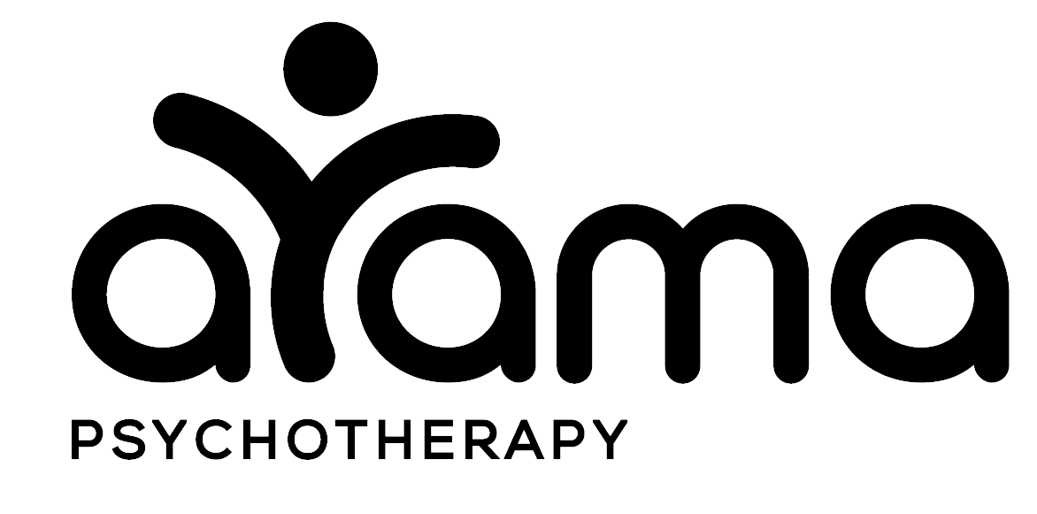Accidental evening dozes
Last week, I was talking about the impact of those little dozes that can accidentally happen in the evening, such as while watching television before bed. I also said that I would talk about what I do if I happen to doze in the evening.
First, I would like to say that napping has its place when done well. In contrast, dozing in the evening, intentional or not, is not a great habit for most people. This is especially true for anyone who is dissatisfied with their sleep.
Second, I would like to say, dozing is a sign of sleepiness, and it's a good habit to have gratitude for sleepiness. So often we can resent the feeling because we are trying to do something else at that moment. Sleepiness is a sign of the body telling us that it has done its preparation to be ready to sleep.
If I happened to doze, such as the scenario I mentioned last week on the couch while watching television, this is my decision-making process:
1) If it's really early in the evening (say, 7pm), then I definitely get up and get moving to do some type of awake activity, rather than relaxing quietly, as I know that relaxing quietly might lead to more accidental dozing. I might do some tidying-up, a load of laundry, etc. I'm usually not doing work-related tasks or thinking about things that are more emotionally-charged, but I make it a point to stay awake and alert. Later, I will do my usual nighttime routine to wind down at my usual time.
2) If it's late in the evening and closer to bedtime when I accidentally doze (say, 10 pm), I also generally will not attempt to go to sleep immediately. This is especially true if I notice that I'm starting to think about work or to-do items. Rather, I will actually stay up a little later than usual and wait until some sleepiness sets in (remember make sure that you know the difference between fatigue and sleepiness). Later, I shift into my usual bedtime routine, or maybe even a shortened version of my usual bedtime routine. I know that I will have a shorter night of sleep because I am staying up a little later, but the trade-off is worth it: I'm less likely to have trouble falling asleep or have restless sleep, and I am unlikely to particularly miss having a shorter night of sleep for just a single night of less sleep. I make a conscious choice to value quality over quantity.
3) If I'm honest, I also have a 3rd option. If it's late in the evening and close to bedtime when I accidentally doze (like above), but I just really want to get into bed, then I will just get ready for bed and go to sleep. Much of the time, because I routinely sleep well, this isn't a big problem (if you aren't routinely sleeping well and are often spending a lot of time awake, then you are highly likely to struggle to fall asleep in this scenario; I generally don't recommend getting into bed at this time). Generally speaking, I expect my quality of sleep to be a little lower, potentially more restless or more awakenings than usual because the dozing is so close to bedtime. However, because I understand how sleep mechanisms work, this doesn't worry me and doesn't particularly frustrate me, as I know how to recover in the following nights without difficulty.
Although #3 doesn't apply particularly well when you have long-standing difficulties falling asleep or other sleep problems, I share it because it highlights what smart, informed sleep choices look like when a person is sleeping well overall and has predictable sleep, but accidentally doze at a time that is not ideal.
Even if you have chronic sleep problems now, you can learn this type of sleep decision-making tailored to your individual sleep needs. It tends to be an empowering experience to grasp how sleep works. If you missed a previous post on CBT-I stats and are interested in seeing that example of how we make informed decisions about sleep, I made it into a PDF cbti stats for restedness.pdf, as it is easier to grasp in that version.
If you wish to receive blog entries directly to your inbox, I send them out weekly! Just sign up in the footer below. You can also read more about our services.
Happy Sleeping!
Alissa S. Yamasaki, Ph.D.
Licensed Psychologist, Sleep instructor
